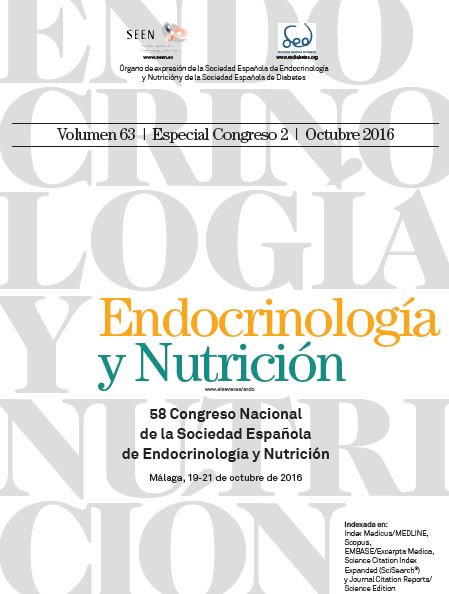37 - Treatment Persistence Behaviors in Patients with Type 2 Diabetes (T2DM) after Initiation of Basal Insulin: Data from Spanish Patients
aLilly Spain. Alcobendas. Madrid. España. bLilly Deutschland GmbH. Bad Homburg. Alemania. cEli Lilly and Company. Indianapolis. IN. EEUU. dAnalysis Group. Inc. New York. NY. EEUU.
Introduction: Although basal insulin is an effective antihyperglycemic, people with T2DM often interrupt or stop therapy soon after initiation.
Methods: An online survey in 7 countries assessed reasons for persistence with basal insulin among insulin-naïve T2DM adults who had started therapy within the prior 3–24 months. Respondents were grouped as continuers (no gap of ≥ 7 days within first 6 months), interrupters (interrupted therapy for ≥ 7 days within first 6 months, then restarted) and discontinuers (stopped therapy within first 6 months, no restart by time of survey). This analysis reports responses from Spain.
Results: Of 942 global respondents (mean age 40.6 years; 66.6% male; mean 6.8 years since T2DM diagnosis), 150 were from Spain (mean age 36.3 years; 60% male; mean 6.4 years since diagnosis; 50 continuers/50 interrupters/50 discontinuers). Improved glycemic control (70%) or physical feeling (46%), and convenience (46%) were the most common reasons for Spanish patients continuing basal insulin therapy. Reasons for interruption included mainly side effects [primarily weight gain (46%) and hypoglycemia (40%)] and inconvenience (40%); reasons for discontinuation included weight gain (40%) and injection pain (40%). Healthcare provider (HCP) instruction was often a reason to continue/restart/stop therapy. Reasons for persistence were generally similar in Spain and globally. While weight gain and hypoglycemia were frequent reasons for interruption/discontinuation, rates did not differ significantly between continuers and discontinuers (weight gain: 38% and 40%, respectively; hypoglycemia: 26% and 30%, respectively); rate of hypoglycemia was significantly higher in interrupters vs continuers (48% vs 26%, p = 0.023).
Conclusions: Identifying reasons for persistence with basal insulin therapy among Spanish patients with T2DM may aid Spanish HCPs to provide better support for patients, possibly improving adherence to therapy.





